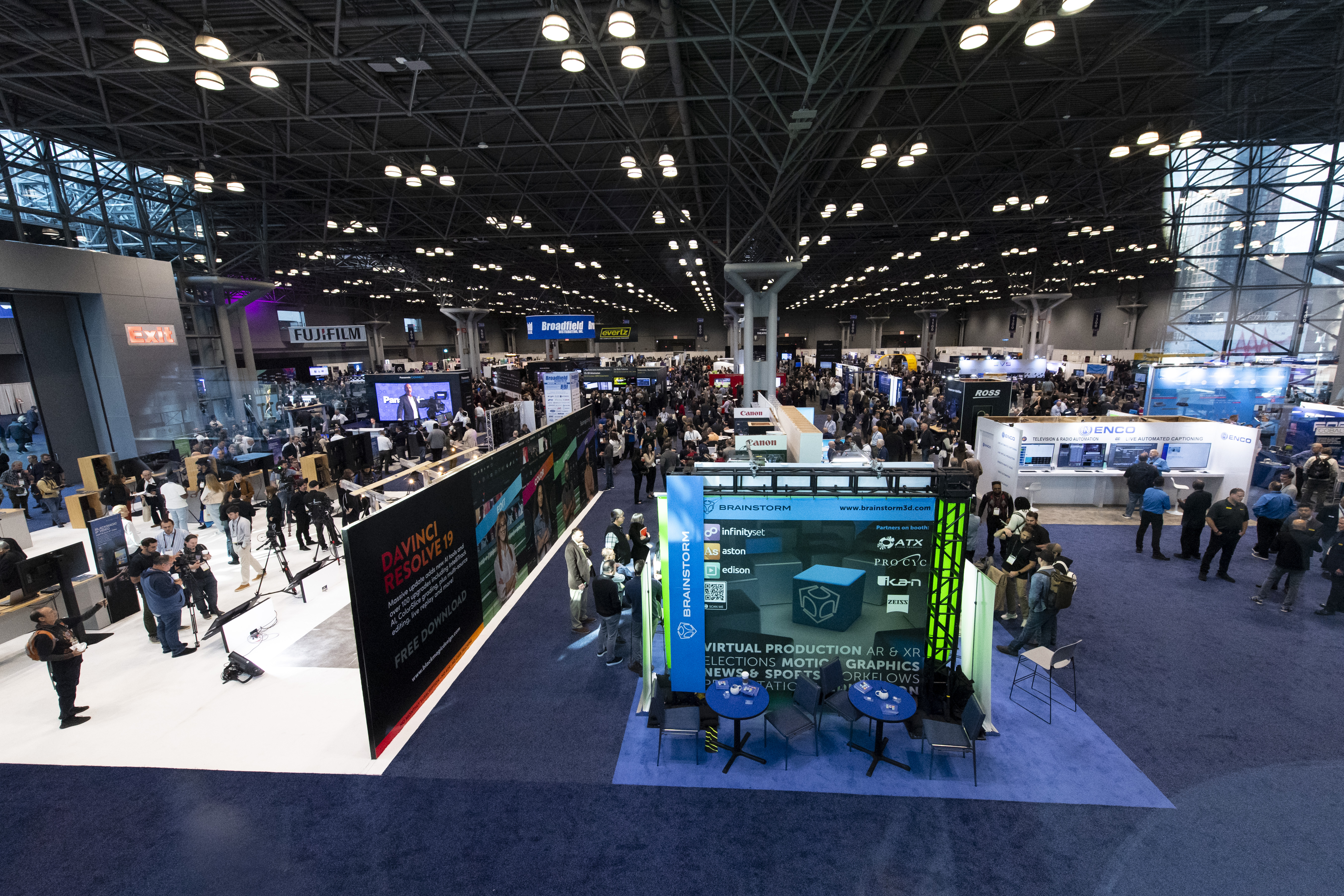Commissioner Warns FCC Policies That Damaged Media Now Threatening the Internet
FCC Commissioner Michael J. Copps struck out against the FCC's shift towards centralization and away from competition in a speech The Beginning of the End of the Internet? Discrimination, Closed Networks, and the Future of Cyberspace. delivered at New American Foundation last week.
"The Internet as we know it is at risk," Copps warned. "Entrenched interests are positioning themselves to control the network's chokepoints and they are lobbying the FCC to aid and abet them. The Internet was designed to prevent government or a corporation or anyone else from controlling it. But this original vision of the Internet may soon be lost. In its place a warped view that open networks should be replaced by closed networks and that accessibility can be superceded by a new power to discriminate is emerging."
He added that the threat was not limited to the Internet: "Our ill-advised Internet policy is only one piece of a tectonic shift across the whole range of FCC issues. From media to telecom to the Internet, we appear to be rushing toward breathtaking regulatory alterations. The Commission is permitting, even encouraging, competition to wither in the face of centralization. It is shortchanging its responsibility to protect the public interest."
Copps said that we face scenarios where those with bottleneck control over the Internet could discriminate against both users and content providers. "I think we really are teetering on a precipice. We have already inflicted heavy damage on our media and telecom systems. And we could be on the cusp on inflicting terrible damage on the Internet. If we embrace closed networks, if we turn a blind eye to discrimination, if we abandon the end-to-end principle and decide to empower only a few, we will have inflicted upon one of history's most dynamic and potentially liberating technologies shackles that make a mockery of all the good things that might have been."
Commissioner Copps closed the speech on a positive note: "I am also here to say that we still have a chance to avoid all this. If we role up our sleeves -- if we work together now -- all of us -- businesses, innovators, technologists, content providers, regulators, legislators, consumers, citizens all -- we can make sure that our Internet continues to foster freedom and innovation, and that the original vision that inspired this liberating technology lives for another day and for another generation. Time is not our friend. We are the underdogs and surely this will be a difficult battle to win. But it is a necessary battle to fight. And victory will reward us all with not only better communications, but a better America."
The professional video industry's #1 source for news, trends and product and tech information. Sign up below.
